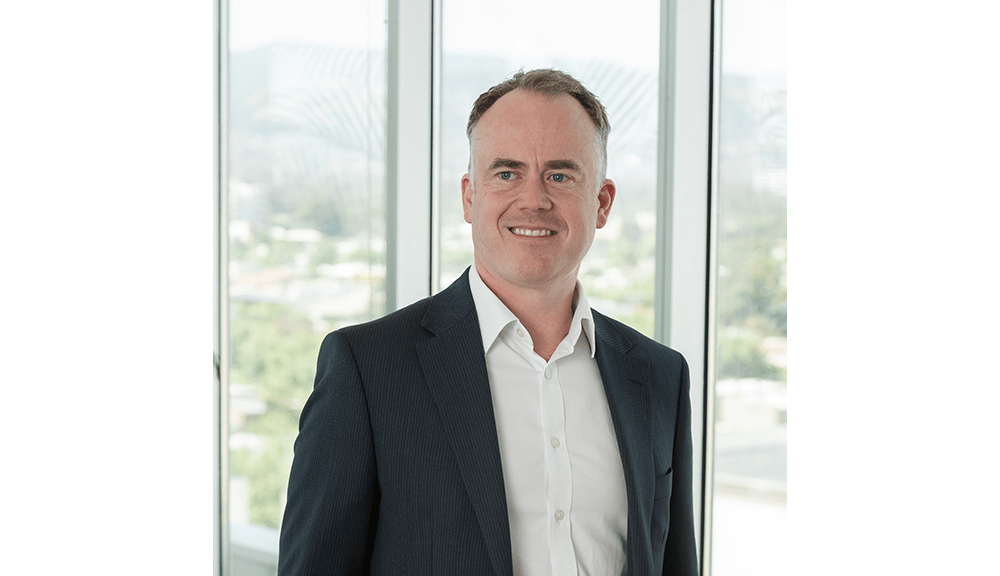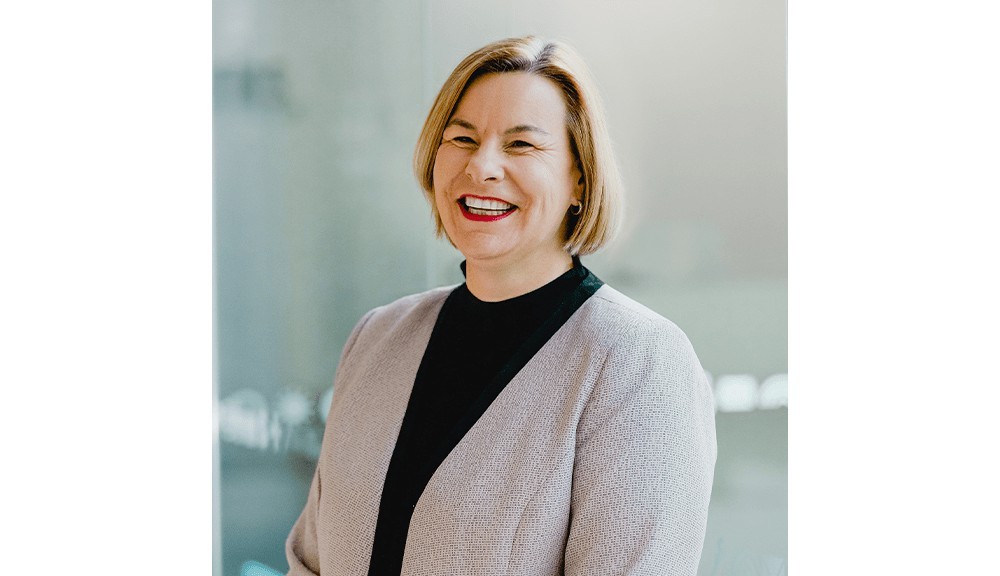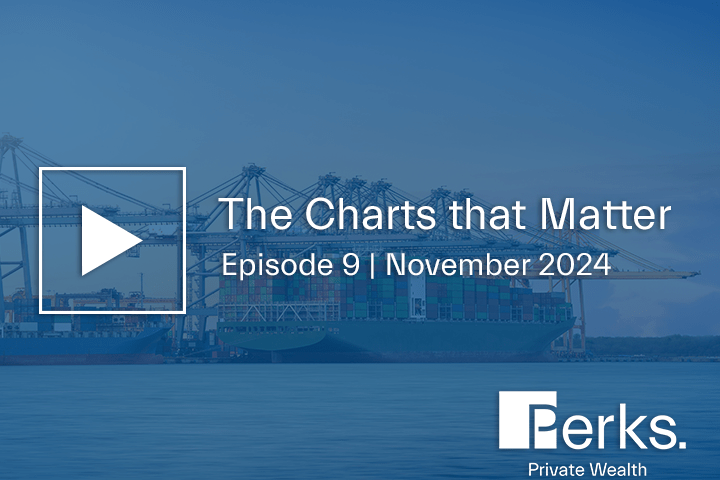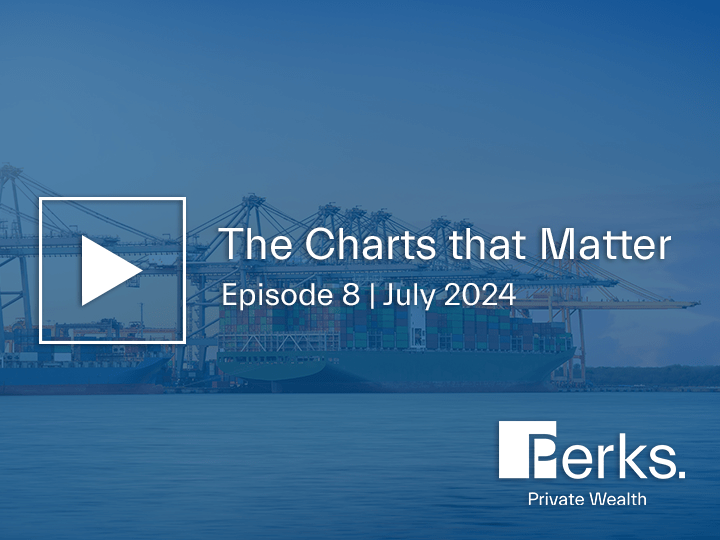State of the Market: October 2021
In the last couple of months market volatility has lifted. The ASX 200 reached just above 7,600 points in early August and has since dropped to close at 7,256 points on Thursday 7 October. Daily market moves have become more significant, with a 1.5% to 2% change more regular.
So, what’s causing this most recent bout of market concern and volatility?
One key issue driving markets is the sharp moves in bond yields. Equity markets are priced relative to the risk-free alternative of cash and bonds. When the yield (interest) you can get from cash and bonds is falling, investing in shares, property or other growth assets becomes ever more appealing. Right now, the market expects inflation to rise and central banks to begin to taper their bond purchases, so bond yields are starting to rise; US 10-year bond yields rose 20 basis points from 1.3% in late September to around 1.5% now.
Supply Chain Demand Shocks
The current COVID-induced supply chain disruptions add to inflation concerns. The container market, shipping routes, ports, air cargo, trucking lines and railways are experiencing massive dislocations. This began because consumer demand collapsed when the world shut down to cope with COVID. Ocean carriers were cancelled, manufacturing was cut, and workers were displaced. However, thanks to enormous economic stimulus, consumer demand roared back, jolting the global economic machine back into gear, ultimately benefiting those sectors under high demand.
Yet turning on the machine after the plug was pulled from the socket is quite difficult. It’s a complex system that requires predictability and precision. Consequently, we’re now seeing shortages of key manufacturing components, order backlogs, delivery delays and a spike in transportation costs and consumer prices. This is starting to pinch, and equity markets are watching while trying to determine the economic impacts. (If you’ve not yet done your Christmas shopping, you should get onto it soon!) Still, these disruptions are likely to be relatively short-term.
With a snap back in demand, exacerbated by lack of recent capital investment and OPEC’s decision not to add to the oil supply already planned, fossil fuels (coal, oil and gas) face short term supply issues. The price of Brent crude oil jumped to a three-year peak on Tuesday 5 October, at a little over $80 a barrel. Another inflationary pressure but again, likely to be relatively short-term.
China’s Evergrande Property Problem
Meanwhile, the huge Chinese property company, Evergrande is emblematic of China’s overheated property market that is driven by extremely debt-laden property developers. China is aware of the risk of a property crash, so its reform agenda was already aiming to take heat out of the property market. For now, investor markets seem assured the Chinese government will step in to solve the immediate Evergrande crisis but there’s plenty more similar excessive growth problems in China and we should watch very closely as it all unfolds.
Learning to Live with COVID in 2021/ 22
Overarching all this, the impacts of COVID are still not clear. While it is fortunate 67% of Australians are at least one dose vaccinated, many other developing/ low-income countries are a long way behind. A true global rollout will take much longer, raising the chance other virus variants could emerge. Although vaccinations weaken the link between infection and severe illness, growing evidence shows efficacy against infection wanes over time. So, booster shots will become a key part of our future health arsenal.
COVID’s delta variant shows us zero COVID isn’t a viable long-term strategy – a shift that brings fresh challenges. In the last week the market has moved to ‘rotate’ from COVID winners, especially high growth stocks, to instead show interest in cyclical and service sectors like travel companies; but the strength of the rotation may be tested as we test the reality of ‘living with COVID’.
Reconciling Long Bond Yields and Low Central Bank Rates: The ‘Buy Now, Pay Later’ Phenomenon
The US Fed is looking at winding back its purchases on 10-year bonds which is likely to see 10-year rates move higher. However, they’re unlikely to react to short-term inflation, leaving the cash rate at very low levels for some time. In turn, this will continue the Government and Central Bank theme of ‘Buy Now, Pay Later’, which encourages consumers and business to use debt to fund growth and consumption.
Avoiding market knee-jerk reactions in favour of the long play
It’s good news that we are on the cusp of a COVID recovery, as vaccines are rolled out. Inflation pressure seems related to short-term supply issues, which should resolve itself over 2022.
Amid all this, it’s important to remember we’re long-term investors. We focus on evidence, rather than anecdotes. The benefits of a well-planned, long-term view can be destroyed by undue emphasis on short-term noise leading to a knee-jerk reaction. There are always macroeconomic worries for the market and in fact, the ones that have the biggest impacts tend to be those not yet know. So we invest with this in mind, with balance and structure that allows us to ride out the bumps and with patience to take advantage of opportunities at extremes.
Your portfolio is diversified across asset classes and sectors with a focus on high quality companies and investments. This enhances returns but also reduces the impact of ‘bubbles’ and the potential for permanent capital loss, or unacceptable portfolio volatility. There may be periods where the ‘junkier’ end of the market rallies as bond yields rise and investors chase ‘re-opening’ trades. However, the long-term structural trends of massive debt, aging demographics and deflation will ensure quality investments ultimately rise to the top. Periods of market volatility simply present opportunities for patient, long-term investors, where quality assets pass from weak hands to the strong.
Perks Private Wealth specialises in wealth management, including strategic financial planning, direct shares, private investment deals and family office.









